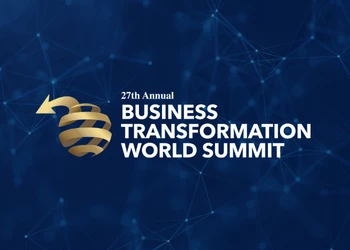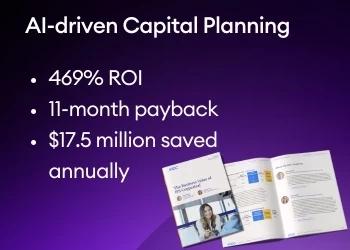Do you trust this?
Robots, influencers and the media are making us rethink fact and fiction
Add bookmarkAre we losing trust in what we see around us?
There have been a couple of prominent news stories that might give us all pause for thought over the weekend.
Research suggests that children are more trusting of robots than they are of other people, which is obviously laughable until you remember that your bank trusts robots more than people too.
The study was a recreation of Solomon Asch's classic piece of social psychology research into peer pressure — except in this experiment, the peers (secretly briefed beforehand to answer a simple question wrongly, but confidently) were replaced by a robot.
We've sweated so much over what we can get robots to do that we seem to have forgotten to think about what the robots can get us to do. Will the children in the experiment grow up to be more wary of bossy robots? Or will we find ourselves willingly rolling over for our machine overlords? A quick look at unexpected-item-in-the-bagging-area-induced paralysis suggests their day may soon be at hand.
Influencers, machines and trust
The question for me isn't whether we prefer to obey a person or a robot, but how we can sort out when we should be favoring one over the other: are humans any more reliable, or inherently trustworthy?
Arguably not.
The UK's advertising watchdog has launched an investigation into social media influencers, who are suspected of failing to disclose when they are being paid to give their backing to a product or service.
In this world of influencers, how do you know that the product being endorsed by that charismatic celebrity has been actually used by the celebrity themselves — or more importantly, perhaps, tested for safety?
All of which makes us start to wonder where fuzzy line of 'truth' falls, and appreciate that my understanding of it might be different from yours.
With social media platforms banning rabble-rousing pundits, and more than 300 news publications across the United States joining an effort coordinated by the Boston Globe to run editorials promoting the freedom of the press, protesting President Trump’s 'fake news' attacks on the media, some people are deciding that they themselves can be the only arbiter of what is true and what is false. And so 'truth' becomes less a verifiable fact, and more a matter of opinion.
Policy through blockchain?
This has ramifications, and not just for the unhappy lexicographer who has to define the word 'truth' in the dictionary. Without consensus on a shared truth, how can we, for example, plan and agree on a policy? How do you even judge that the policy has been a success? If a narrative says one thing and the facts say another, which will win in the end?
Enter blockchain. Roop Singh and I have been working on an article for the Annual PEX Report, which is due out in September, and a preview of that article will be published here on PEXNetwork.com. In a world where truth is shifting, where security is an unending arms race, where trust is the most valuable commodity of all, we are going to need a radical new way of approaching the future — and blockchain looks like it has at least some of the answers.
























